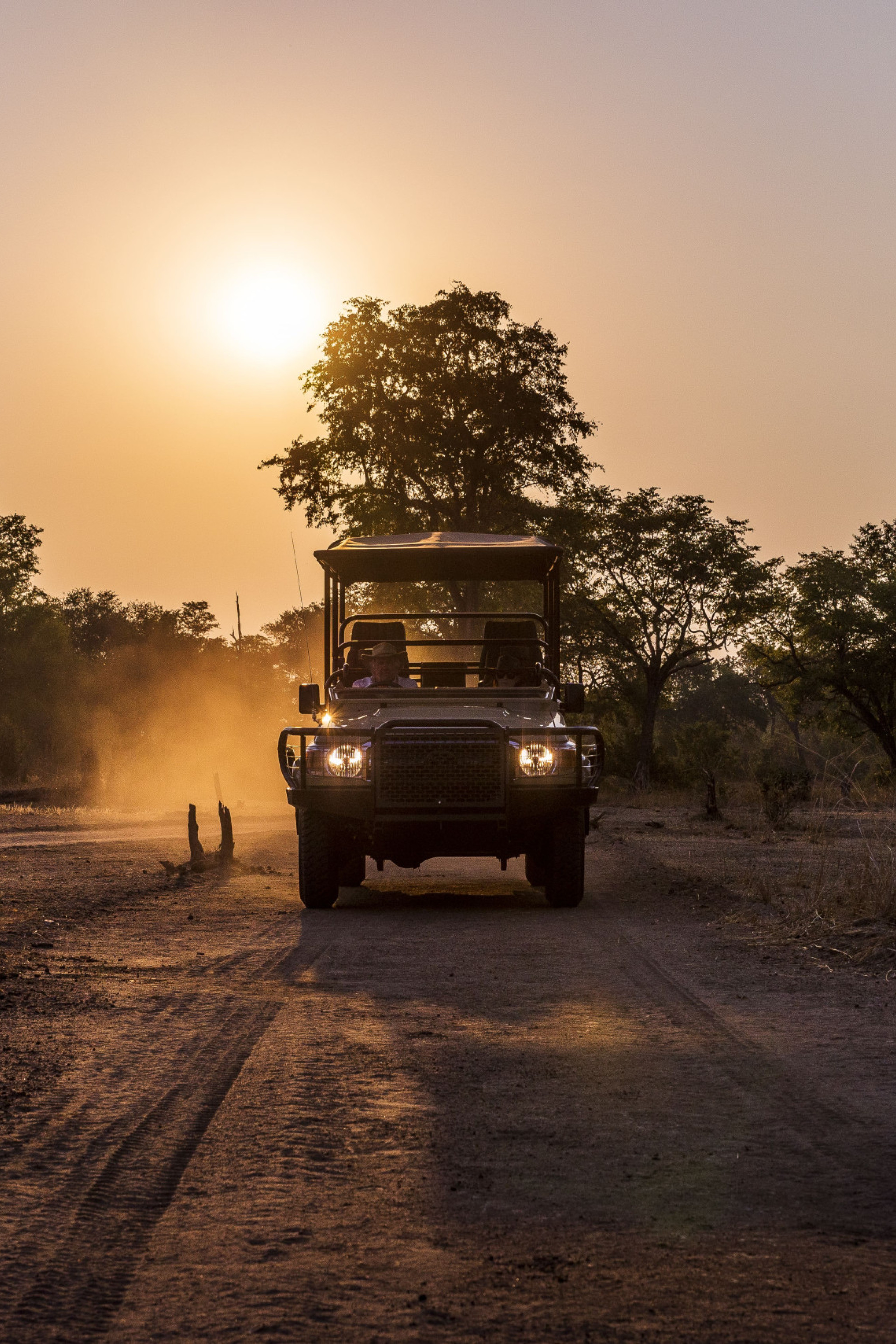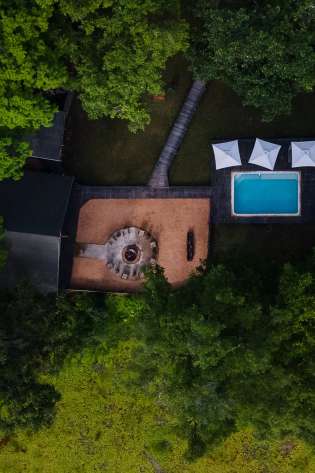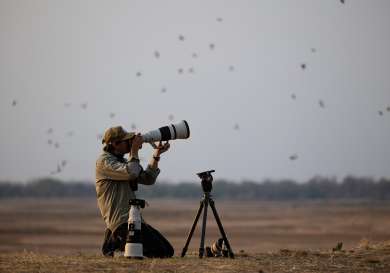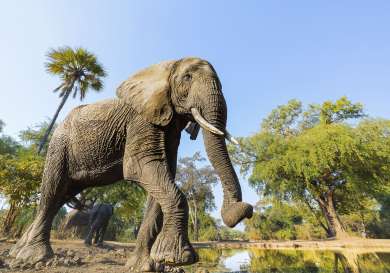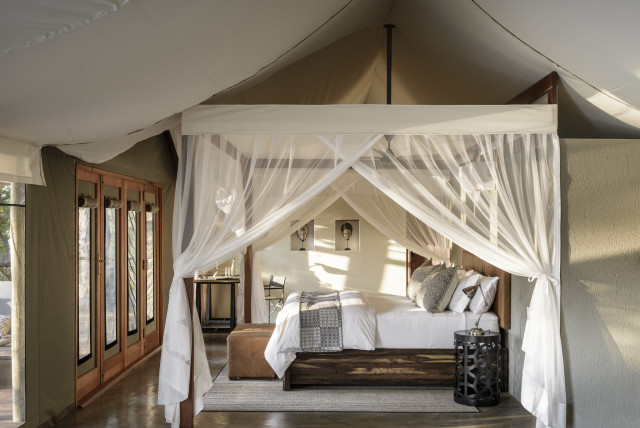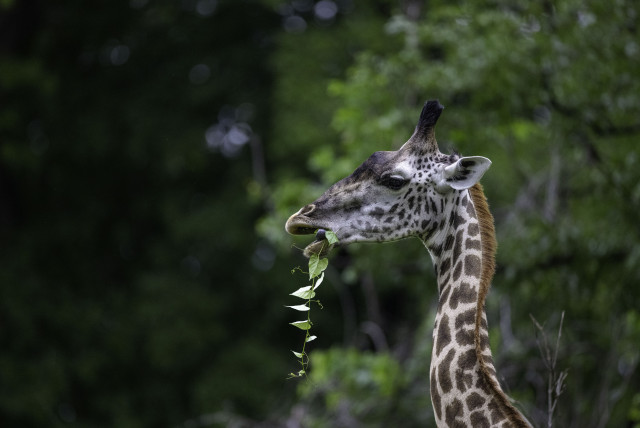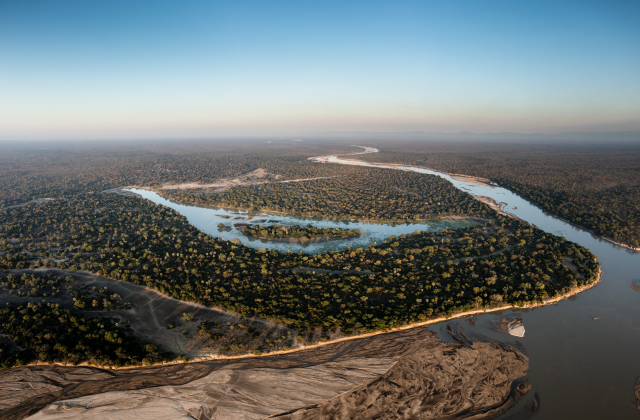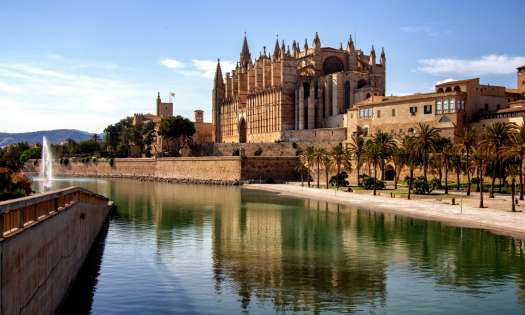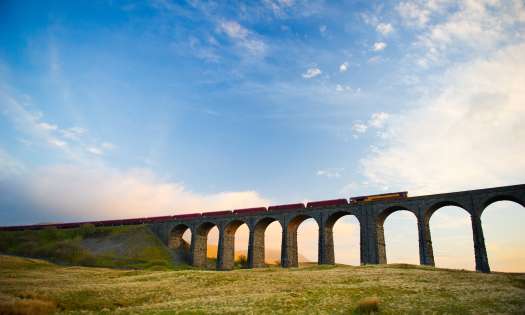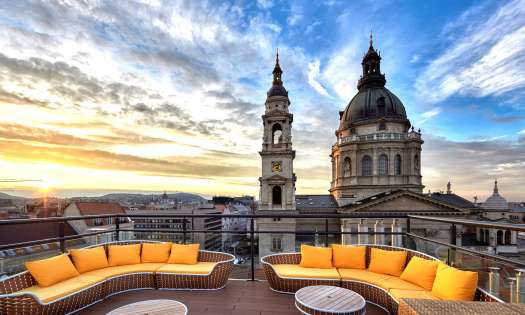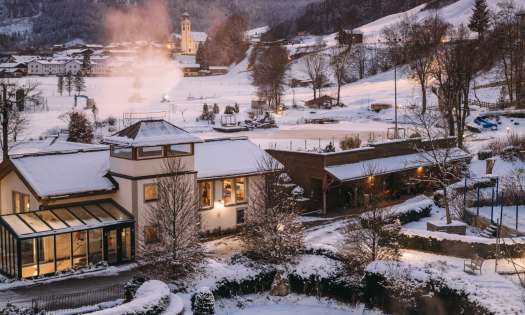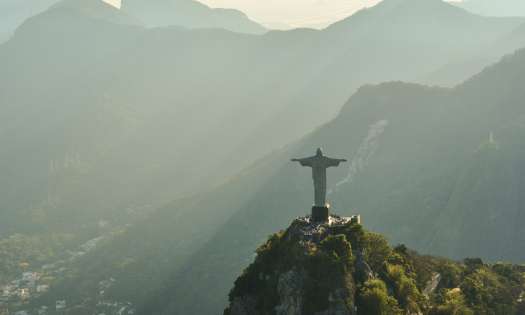Africa has long been synonymous with safaris, giving tourists unrivalled opportunity to get up-close-and-personal with the world's most captivating wildlife.
When experiencing the expansive beauty of Africa, a safari is at the top of most bucket lists for obvious reasons. As breathtaking leopards lounge among the shrubbery and energetic gazelles gallivant over the horizon, the chance to view these creatures in their natural habitat is an experience like no other.
There are currently 200 national parks and game reserves in Africa, meaning an abundance of safari offerings and tours are readily available — though don't be mistaken, they haven't all been created equally.
While some tour operators take great measures to ensure they are employing environmentally sustainable practices, some are more financially motivated, meaning it is crucial to do your research before booking one.
So, where should you book a safari?
In the southeast corner of continental Africa, you'll find Zambia. Further east in the Luangwa River Valley lies the South Luangwa National Park, which has one of the largest concentrations of wildlife in Southern Africa and comparatively less tourists than other African hotspots.
Given its sheer size, there are around 40 safari camps and lodges within the National Park, but one which truly shines above the rest. Sungani Lodge is an intimate, seven-room accommodation providing unparalleled luxury in the heart of the African grasslands. Built by the family who own the property, and the local Zambian community, there is an unspeakable preciousness laid within its very foundations. With a strong conservational slant, Sungani is heavily committed to protecting its surroundings, and, having contributed to a reduced poaching rate since its opening in 2019, local animals happily return, knowing they are safe.
Eco-consciousness is at the forefront of this property, which runs entirely on solar power and has its own filtration plant to ensure water is safe for drinking. Every detail is decided with the natural surroundings in mind, meaning when it comes to experiencing Africa in harmony with nature, Sungani Lodge is a standout.
Below, The Sybarite speaks to a Sungani Lodge's head safari guide Michael Davy about the importance of sustainable tourism and the property's pioneering efforts in this space.
How do your properties incorporate sustainable tourism?
Our family and team started building our properties in the far south of the South Luangwa National Park, Zambia in early 2019. The whole emphasis was on ‘remoteness’ as we felt this would be the only way to make a real and long-lasting impact. Part of operating here was to begin rewilding and bring the wildlife back into balance. The other commitment was to build and create with local materials and local people culminating in skill transfer and future employment.
Logistics screamed a resounding 'no', but nothing worthwhile is ever straightforward. We realised the only way to succeed in the mission was to create a beautiful new tourism venue to showcase this extremely remote part of Zambia. We hoped that combining this with employment in a deprived area would further contribute towards the tireless work of Conservation South Luangwa and the Department of National Parks and Wildlife, to allow the local community to further realise the value in protecting and conserving wildlife.
Upskilling has been key for us, and we are proud that much of what you will find at both our properties has been designed, created, an hand built by local people, many of whom remain in our employ. The result is a quirky and beautifully warm and personal feel.
When one considers the investment needed to really turn things around in this area and make it sustainable, it was undeniably obvious that quantifiable success would require a long-term approach which must be continually measured and reviewed.
Our properties are run on solar power, we pump, filter, and purify all our own water and have banned all single use plastic. We reduce and recycle all waste through local projects. We support local suppliers and vendors with ethical practices. We own and maintain all our own equipment rendering us self-sufficient.
Why do you think sustainable tourism is so important, especially for Africa?
A key factor to sustainable tourism is the way those of us who live in these wild spaces interact with the wild animals who also call this home. Human populations continue to increase, pressure on resources mounts, and so it is crucial to invest in ways that allow for local populations to understand the benefits of anti-poaching and conservation.
Sustainable tourism must be the goal. There is no other option. This in turn will ensure that the wherewithal needed to conserve and protect is available to continue to improve the lives of all. Our aim is to give our guests new knowledge through experiences. To give them a deeper appreciation of what their contribution makes possible.
What does a 'sustainable safari' look like? How does it differ to a regular safari?
A sustainable safari is more than just spotting the big five, safaris should show how a guest’s contribution is making a difference; it will be socially and environmentally sustainable. The key is to select safari tour companies and lodges who actively support (or run) conservation projects or help generate tourism revenue which contributes to managing wildlife projects and game reserves in Africa.
How will booking a trip with you help the environment and community of Zambia?
The beauty of a safari at Sungani and Kulandila is that you get to be a part of the preservation of a remote area, the wildlife, and the local community. It's our intention to show our guests the enormous transformation of the area and how this will develop and sustain for future generations. True change comes from passion, dedication, and a focus on the long-term. Visiting Africa is more important than ever and should leave a lasting and positive impact. David Attenborough explained it perfectly when he said 'No one will protect what they don't care about; and no one will care about what they have never experienced'.
Since 2019, we have retained 85% of the workforce. It was important to us to upskill our local community in the hopes some will become safari guides, and above all, conservationists. We have continued to plough in the investment needed to sustain the project and people, while we patiently nurture the area and wildlife back to abundance in a number of ways.
A few of these include:
Our photographic safari offering; photography allows us to raise awareness of this magnificent and precious habitat. It can be a guest’s way of telling our story and showcasing their experience.
Encouraging guests to stay longer; so that our guides have time to really educate them in all the smaller ways that can so often be overlooked if there is pressure to chase the next sighting.
Allowing guests to step off the vehicle and go on foot; The South Luangwa National Park is famous for walking safaris which really allow you to get up close to the environment and understand the intricacies of nature.
Every visitor helps to contribute towards the Sungani promise as we embark on this journey to become custodian and keeper – enabling us to give back in the years to come.
Sungani Lodge
Website: www.sungani.com
Address: South Luangwa National Park, Zambia
The Sybarite has collaborated with Sungani Lodge to bring you an exclusive itinerary, see here for more details and to book your once-in-a-lifetime trip today.
